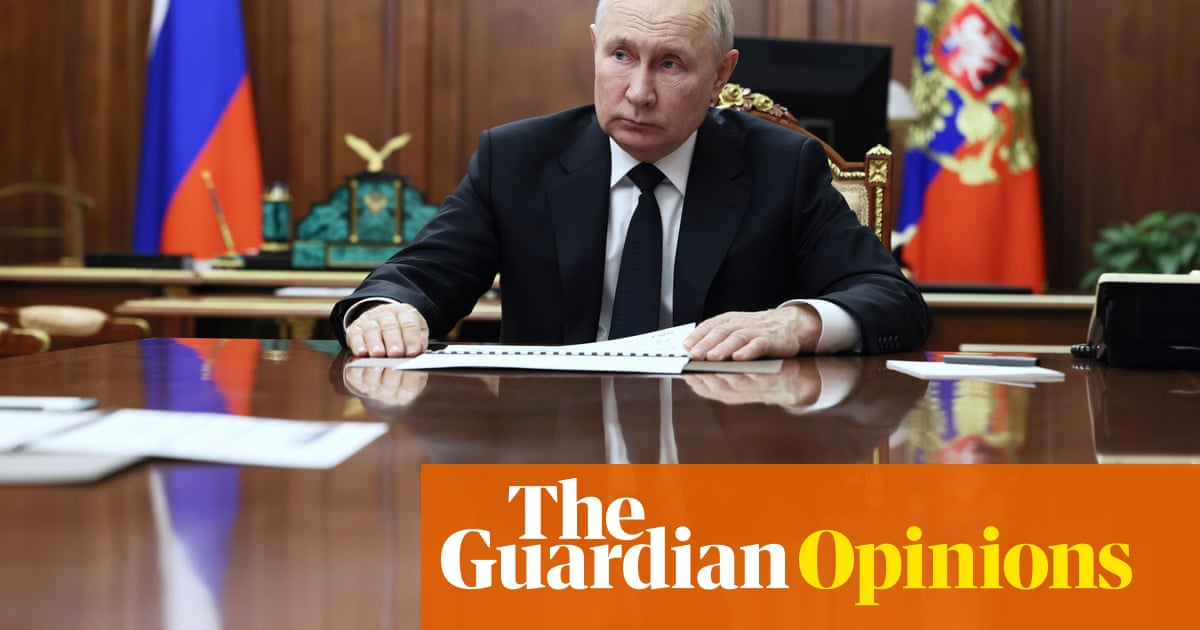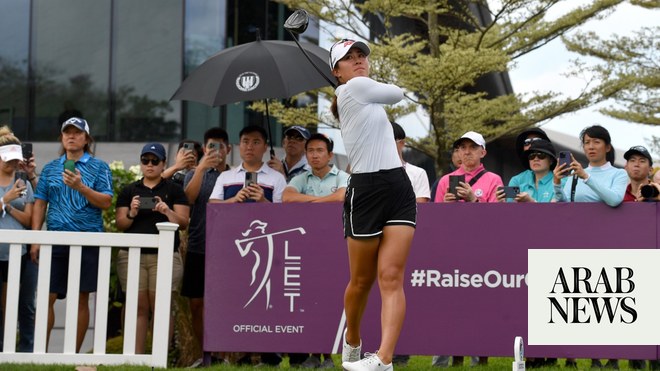
It is not about the name of the Iraqi prime minister, despite its importance. It is about the Iraqi State itself, and its ability to reassemble its components, treat its cracks and heal its wounds… its ability to revive its decision-making within its borders and to consolidate the march towards making Iraq a normal state at home and abroad.
It is not about the prime minister’s name in Lebanon. It is firstly about the Lebanese State itself, and its capacity to recover relations between its components, regain its ability to decide within its own borders, and to lay the foundations of a normal state at home and abroad.
Time is gold. The Iraqis and Lebanese do not have the luxury of wasting more of it.
Threats are lurking within the country or along its borders. The failure to turn the elections into an opportunity to emerge out of the rubble will be another crime added to many crimes already committed.
We are unfair to our countries when we demand that the elections be identical to those of old democracies. We forget sometimes that in order for democracy to be rooted in a country, cultural, economic and political conditions cannot be disregarded. And then, there are those who believe that the idea of democracy, including the elections, is a plant imported from another world that went through a long labor, while we were falling into deep sleep.
However, this does not negate the fact that resorting to the people is an opportunity to identify the size of the forces in the society, their trends and aspirations, and that repeating this trial is supposed to be the guarantee of the process of correction and revision.
Two fresh experiences from two countries that cannot walk out of the Iranian-American crisis, nor from the flames of neighboring Syrian fire with the Iranian-Israeli crisis on the Syrian arena. It is perhaps because of this huge turmoil in the region that the elections turn into an opportunity to escape the fire by restoring the national fabric and reviving the decision that is supposed to lie inside the map, not outside it.
One of the advantages of elections in a country of diversity is that they remind each component of its need for the other component to win and obtain a national mandate to take power. The need for the other means to listen to them, to understand their demands and concerns, and to meet them halfway, specifically in the heart of the State.
What we said about democracy also applies to the idea of a state. This institution is supposed to serve the people and their development… to guarantee their rights, security, and chance to express themselves and change.
This task is difficult and thorny because it is quite different from the approach of replacing an unjust individual with an unjust community. One does not exaggerate when saying that our inherited culture rests on the image of the victor and the hero and the cancellation of the opponent, not on the idea of union, mutual concessions and decision-making within institutions.
We must remember that the current cycle of disasters began when the regime of Saddam Hussein was overthrown, and the Iraqi opposition could not quickly establish itself as a convincing alternative. Late Iraqi president Jalal Talabani considered that the Iraqis once missed a precious opportunity that could have spared them the experience of the governing council and the decisions of Paul Bremer to dissolve the Iraqi army. He said that General Jay Garner, the first US military commander of Iraq after the invasion, told the opposition leaders: “Iraqis, you should form a temporary government to run the country, and you, the opposition that we have dealt with, please form a government on your part.”
Garner believed that Talabani could lead the government. Then-US Ambassador Zalmay Khalilzad had the same opinion. Talabani said that Washington was ready to put the basic files in the hands of the interim government, but sectarian demands thwarted this proposal and put Iraq in the hands of Bremer and his decisions.
Today, it is necessary to deal with the Iraqi elections as an opportunity, after the Iraqi State succeeded, with the help of the allies, in defeating ISIS. It is increasingly important to seize this opportunity at a time when an Iranian-American confrontation is looming, and when Iraq may become one of its arenas unless the elections result in a government with a vision that will prevent the country from being again a filed test for exchanging bloody messages.
I return to Talabani because he was a brilliant politician who knew the sensibilities of the Iraqi structure and the sensitivities of the region. During his opposition to the era of Saddam Hussein, he lived in Tehran and Damascus and was a friend of the two capitals. Talabani said that Tehran would make a big mistake if it believed it could manage Baghdad as Damascus did with Beirut, and the result was known.
He went further to explain the issue of Iraqi Shiites. He said: “I think that the Shiites of Iraq will never be affiliated with the Shiites of Iran. First, let me give you examples of authorities. We have four spiritual leaders, headed by Sayyed Ali al-Sistani. Those converge with Iran on the issue of the mandate of the jurist [wilayat al-faqih]; they do not want the mandate of the jurist, and this constitutes a big difference. It is something reminiscent of the global communist movement and the rift between China and Russia. Second, those spiritual leaders consider themselves as the Shiite spiritual authorities in the world. Third, Al-Najaf Al-Ashraf – not Qom nor Mashhad - is the ‘Shiite Vatican’ in the world. Fourth, the largest tombs of Shiite Imams are located in Iraq, including the tombs of Imam Ali, Al-Hussein, Al-Abbas, Al-Kadhim and Al-Askarian. There is only one who died in Mashhad. When they visit his grave they say: “O stranger of the house, peace be upon you.” Therefore, there is no threat that the Shiites of Iraq will be followers of Iran.”
The most important thing Iraqis can do is turn the elections into an opportunity to restore their social fabric and their decision-making, and to put Iraq back into the hands of the Iraqis… Taking it back from the grip of nearby and distant countries, so Iraq becomes a player, not a playground, and a factor of stability and prosperity in the region.
Every extension of the unnatural roles on Iraq’s territory is an extension of the country’s pain. The roles that were imposed when Iraq was a mere arena should be regulated to become normal relations after the establishment of the Iraqi State. There will be no return to stability without things returning to normal: Iraq for the Iraqis, Syria for the Syrians and Lebanon for the Lebanese. A capital managed by a different capital is the recipe for prolonging the great turmoil.











